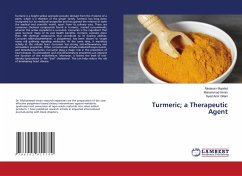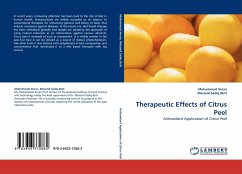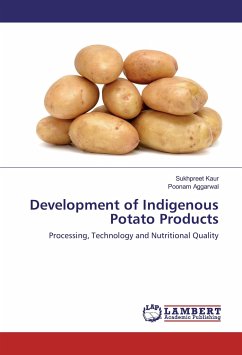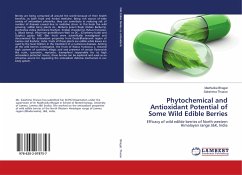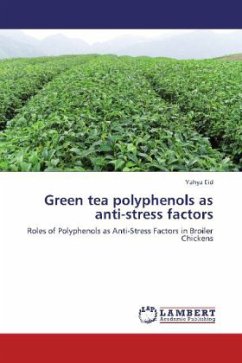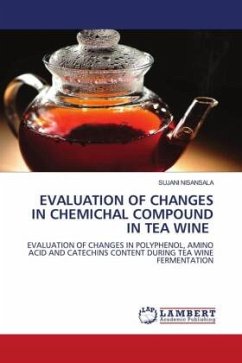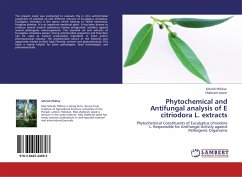Turmeric is a bright yellow aromatic powder derived from the rhizome of a plant, which is a member of the ginger family. Turmeric has long been recognised for its medicinal properties and has gained the interest of both the medical and scientific world, apart from its culinary uses. There are numerous chemical compounds found in turmeric, named curcuminoids, wherein the active ingredient is curcumin. Curcumin is the ingredient that gives turmeric many of its vast health benefits. Turmeric contains more than 100 chemical compounds that contribute to its healing abilities. Curcumin (diferuloylmethane), a polyphenol, has been shown to target many cell pathway signaling molecules. At the same time, it manifests activity at the cellular level. Curcumin has strong anti-inflammatory and antioxidant properties. Other curcuminoids include bisdemethoxycurcumin, and dimethoxycurcumin. Curcumin plays a major role in the prevention of heart disease. Its antioxidant and anti-inflammatory properties can improve the function of the endothelium. Moreover, it lowers the level of low-density lipoproteins or the "bad" cholesterol. This can help reduce the risk of developing heart disease.
Bitte wählen Sie Ihr Anliegen aus.
Rechnungen
Retourenschein anfordern
Bestellstatus
Storno

